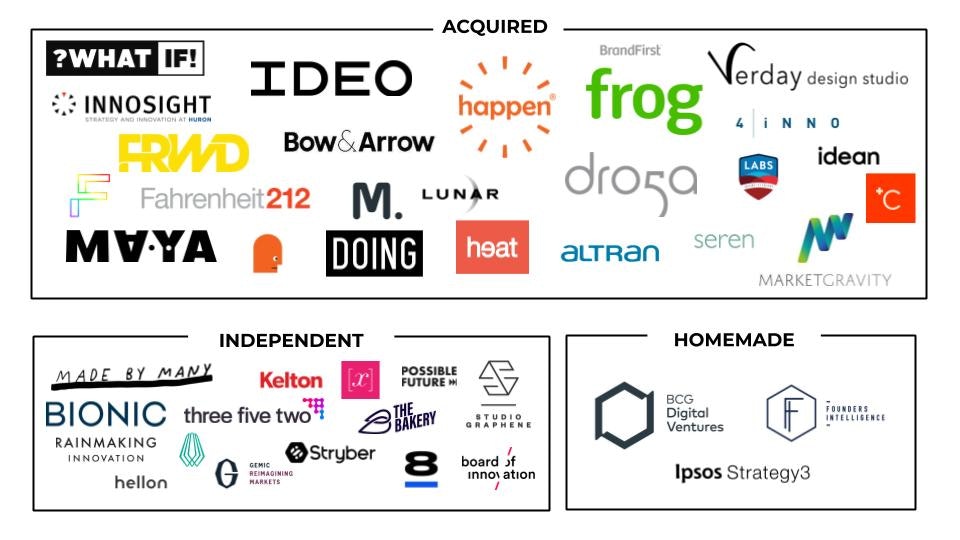Idea management company Wazoku is making a push into the US — and is trying to corner the market for ideas both inside and outside companies.
The UK company, which helps clients like John Lewis, Barclays and the UK Ministry of Defence tap their employees for good ideas, has bought US open innovation company InnoCentive, which offers companies access to a network of 500,000 experts they can tap into for help solving problems.
InnoCentive spun out of Eli Lilly in 2005
“We’ve always been pretty good at helping businesses engage with their employees but now we are able to help them access on demand this new cohort,” said Simon Hill, founder and chief executive of Wazoku.
“We were also looking for a springboard to take the business into North America, and this will give us that as well.”
Wazoku also raised a new funding round of £1.25m led by Calculus Capital. Hill says the round will give the company support for its US expansion, and he hopes it will be a precursor to a bigger funding round next year.
Hill says that despite some big companies halting innovation spending during the pandemic, overall Wazoku has seen sales nearly double in the three months from April to June, the company’s best quarter from a new business perspective.
Idea management software was already becoming popular at companies before the pandemic. But online collaboration tools saw particularly high demand when companies had to suddenly switch to remote working.
“There has been a shift away from using our software for ideation on long term, big projects to doing things today and quickly putting together ideas for all the things they need to do to, for example, virtualise their call centre,” says Hill.
Customers include AstraZeneca, NASA and Enel
InnoCentive was initially created as a project at pharmaceuticals company Eli Lilly, creating a network of scientists who could help the company solve tricky problems on an ad hoc basis. It spun out in 2005, and now has a formalised process where companies can post their problems or challenges on the network, and a network of expert “thinkers and tinkerers” are invited to come up with solutions.
If an expert solves a challenge they can claim a reward from the company, ranging from a few thousand dollars to over $100,000, depending on the complexity of the challenge. The platform has been used by companies such as AstraZeneca, NASA and Enel, and InnoCentive claims it has an over 80% success rate in solving problems.
“It was one of the early examples of the gig economy, for experts,” says Hill.

